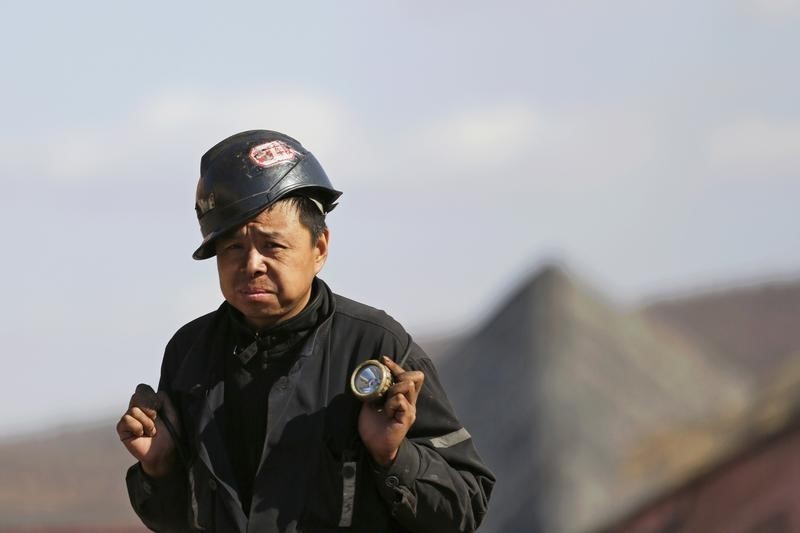* Plans to introduce "product tracing system"
* Will also beef up powers to raid companies
* Wants to clamp down on illegal supply
* Markets have been hit hard by oversupply
By Sonali Paul and David Stanway
MELBOURNE/BEIJING, Feb 2 (Reuters) - China plans to boost its crackdown on illegal mining of rare earths by setting up a system to certify the origin of supplies of the materials, used in everything from fighter jets to mobile phones.
Illegal Chinese output and smuggling have helped drag global rare earth prices to their lowest in around six years, hitting legitimate producers hard inside and outside China, which churns out 90 percent of the world's supply.
"There's a reasonable level of agitation in every part of the supply chain which is saying (the industry situation) is not good," said Amanda Lacaze, chief executive of Australia's Lynas Corp LYC.AX , the only remaining rare earths miner outside China.
Lynas is just breaking even as a result of the price slump, while U.S. company Molycorp MCPIQ.PK has been forced to shut its mine. Other aspiring producers' projects have been put on ice. minister of industry and information technology Xin Guobin said at a rare earths industry meeting last week that a "product tracing system" would be set up, using special rare earth invoices and other information like export data, the Association of China Rare Earth Industry said on its website.
The body also said on Tuesday that Xin had promised the government would beef up powers to conduct raids on companies, as well as continuing to investigate and prosecute illegal exploration, production and distribution of rare earths.
Lynas is also looking to introduce a certificate of origin, similar to certification that has curbed trading in so-called "blood diamonds", Lacaze told Reuters.
Material from illegal miners, who damage the environment with toxic chemicals, makes up as much as half of China's rare earth supply.
"Illegal producers don't pay taxes and don't observe environmental and occupational health standards, so their costs are less," said Dudley Kingsnorth, an industry consultant based in Perth.
"It's a real issue and China can't solve it by itself. End users have got to pay attention to the sources of material and make sure they're not actually buying illegal material. That's a lot easier said than done."
